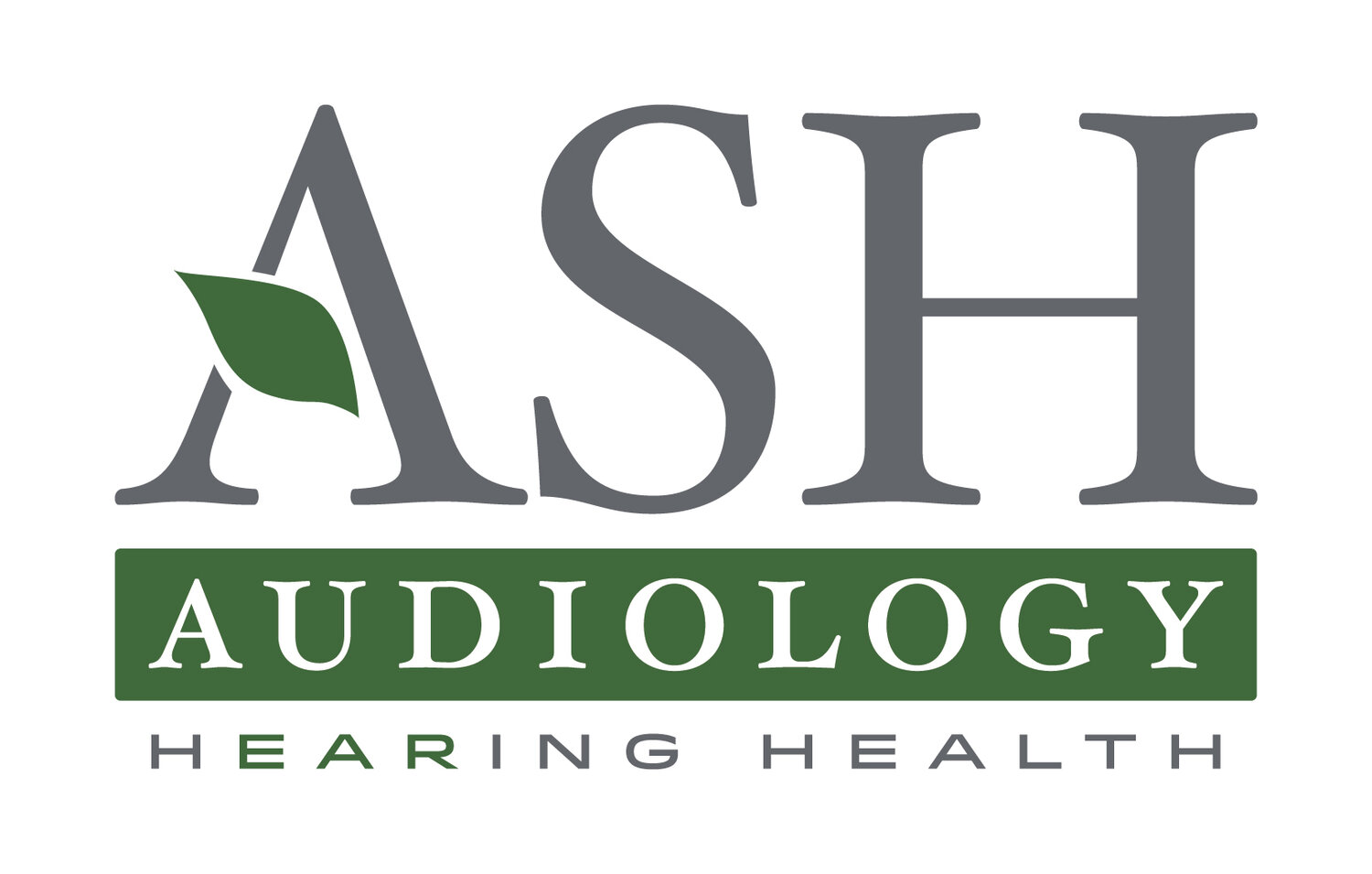The Link Between Hearing Loss & Heart Disease
What is heart disease?
The term ‘heart disease’ refers to a number of cardiovascular problems which could increase the risk of heart attack or stroke. Some of these conditions include coronary artery disease, heart attack, high blood pressure, and congestive heart failure. Individuals with genetic heart defects are also considered to have heart disease. According to the CDC, heart disease is the leading cause of death for men and women in the United States.
Mayo Clinic reports those at risk for heart disease include older individuals, those with a family history of heart disease, diabetics, individuals who are overweight or obese, smokers, and those with high stress levels.
How are heart disease and hearing loss related?
A study completed by Harvard in 2018 found 75% of people with heart disease also had some form of hearing loss. But why does this link between hearing and the heart exist? There are several theories considered by scientists.
The cochlea, the organ that is responsible for hearing, includes thousands of tiny cells called ‘hair cells’ that are responsible for responding to sound. These cells receive their oxygen from blood, which is sent to the hair cells through tiny blood vessels. However, if someone has poor circulation (which is often associated with heart problems), then these hair cells may not receive as much blood as they need to function properly.
In short, our ears need constant blood flow in order to work properly. Heart disease can cause reduced or irregular blood flow, which can damage the cells which help hearing.
Can a heart attack or stroke lead to hearing loss?
Unfortunately, yes. Those with heart disease are at a higher risk for heart attack and stroke. A heart attack is caused by a blockage in blood flow to the heart, and a stroke is caused by a blockage in blood flow to the brain. Reduced blood flow to any part of the body can have long-lasting effects on hearing as well as other bodily functions. Heart attacks and strokes can also lead to permanent hearing loss or can damage the brain’s ability to comprehend sounds like speech.
**Tip: Sometimes a noticeable change in hearing precedes a heart issue. If you feel your hearing has changed suddenly, have your hearing checked immediately. If the change indicates a possible heart concern, we’ll refer you to your physician right away where they can begin preventative heart care.
What can I do to promote a healthy heart & healthy hearing?
Fortunately, a healthy heart can also help you maintain good hearing. To keep your ears and your heart healthy, the American Heart Association suggests eating nutritious foods, exercising regularly, managing stress, getting enough sleep, keeping cholesterol levels low, managing blood pressure and blood sugar, and stopping smoking. It’s also wise to consider having your hearing checked at least once every 2-3 years, or more regularly if you have heart disease.
